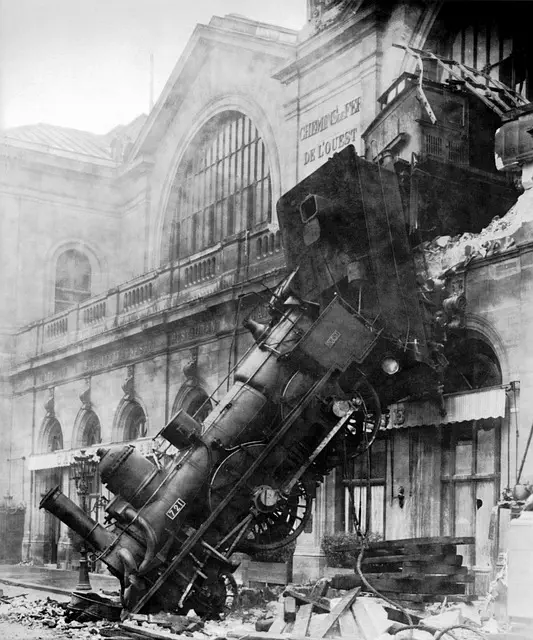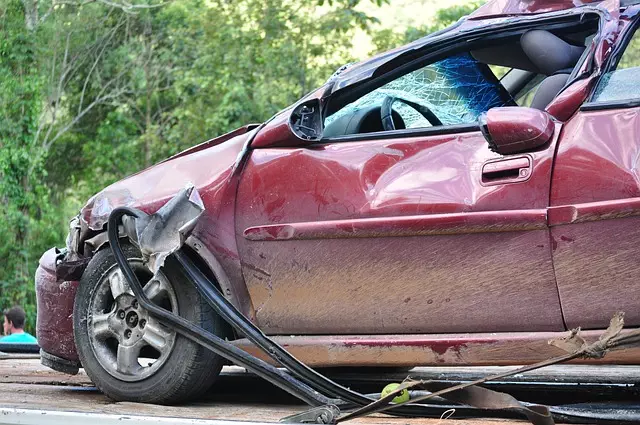In New York State, product liability laws strictly hold manufacturers, distributors, and sellers accountable for defective products under a strict liability framework. A defect is any deviation from expected quality standards, making a product unsafe for its intended use. Consumers harmed by these defects can seek legal counsel from Product Defect Attorneys in Brooklyn to recover compensation. Skilled attorneys employ DWI Defense Strategies The Bronx to challenge manufacturers' and retailers' liability by investigating incidents, gathering evidence, and consulting experts. Navigating complex laws and procedures, they ensure clients receive fair compensation for medical expenses, pain and suffering, and related costs. This structured approach involves thorough documentation, expert analyses, and strategic planning tailored to Brooklyn courts.
In New York State, including Brooklyn, product defect attorneys play a pivotal role in protecting consumer rights. Understanding product liability laws is crucial for both consumers and businesses alike. This article delves into the intricacies of product defects, legal definitions, and examples. We explore the essential role an attorney plays in navigating complex cases, especially when facing DWI defense strategies in The Bronx. Learn about building robust cases, gathering evidence, expert testimonies, and successfully navigating the legal process from filing to trial in Brooklyn courts.
- Understanding Product Liability Laws in New York State
- What Qualifies as a Defect: Legal Definition and Examples
- The Role of an Attorney in Product Defect Cases
- DWI Defense Strategies for Clients Facing Product Liability Charges
- Building a Strong Case: Evidence and Expert Testimonies
- Navigating the Legal Process: From Filing to Trial in Brooklyn Courts
Understanding Product Liability Laws in New York State

In New York State, product liability laws are designed to protect consumers from defective products that can cause harm. These laws hold manufacturers, distributors, and sellers accountable for any injuries or damages resulting from faulty goods. Understanding these legal principles is crucial when considering a case involving product defects. If you’re seeking justice due to a defective product, it’s essential to know your rights and the potential strategies available, such as DWI Defense Strategies The Bronx, to ensure fair compensation.
The state’s laws define product liability based on strict liability, meaning that even if the manufacturer wasn’t negligent, they can still be held responsible for any harm caused by a defective product. This includes issues like design flaws, manufacturing defects, or inadequate warnings. When navigating such cases, it’s beneficial to understand the legal framework, especially considering New York’s specific regulations, which may vary from other jurisdictions.
What Qualifies as a Defect: Legal Definition and Examples

When it comes to product liability cases, understanding what constitutes a defect is crucial. Legally, a defect refers to any deviation from the standard design or quality expected of a product, which renders it unsafe for its intended use. This can include manufacturing defects, design flaws, and labeling errors that result in harm to consumers. For instance, a defective product might have a faulty component, be poorly constructed, or lack proper safety warnings, leading to accidents or injuries.
In the context of a Product Defect Attorney Brooklyn, clients often turn to legal professionals when they’ve been injured due to such defects. These attorneys employ DWI Defense Strategies The Bronx, adapting their approaches based on unique case circumstances. They work to ensure that manufacturers and retailers are held accountable for selling products that do not meet safety standards, helping victims seek compensation for medical bills, pain and suffering, and other associated costs.
The Role of an Attorney in Product Defect Cases

When dealing with product defects, a skilled attorney is invaluable. Their primary role is to represent and advocate for clients who have been harmed by defective products. They employ various defense strategies tailored to each case, ensuring clients receive fair compensation for their injuries.
In Brooklyn, where legal expertise is in high demand, an experienced Product Defect Attorney knows how to navigate complex product liability laws. They thoroughly investigate the incident, gathering evidence and consulting with experts to build a strong case. Using DWI Defense Strategies proven effective in The Bronx, they challenge the liability of manufacturers and retailers, holding them accountable for their negligence.
DWI Defense Strategies for Clients Facing Product Liability Charges

When facing product liability charges in The Bronx, clients must understand that a robust DWI defense strategy is crucial. One common misconception is that these cases are solely about culpability; however, it’s also about understanding and navigating complex legal procedures. A skilled attorney can help clients gather evidence to disprove manufacturing defects or negligence, ensuring their rights are protected throughout the process.
Strategic planning involves examining product testing records, expert witness opinions, and incident reconstruction to build a compelling defense. In The Bronx, where court systems are well-versed in such cases, having an advocate who can navigate these intricacies is vital. This approach not only challenges the prosecution’s case but also ensures clients’ interests are safeguarded, potentially leading to favorable outcomes.
Building a Strong Case: Evidence and Expert Testimonies

Building a strong case for product liability claims requires meticulous attention to detail and robust evidence. Collect all relevant documents, including purchase records, user manuals, and any correspondence with the manufacturer or seller regarding defects. Photographs of the defective product and its impact on users can also be powerful tools.
Expert testimonies play a crucial role in strengthening your case. Retaining an expert witness who can analyze the product, testify to its design flaws, and connect those flaws to the injuries incurred by the plaintiff is essential. In the context of DWI Defense Strategies in The Bronx or any legal battle, these elements form the backbone of a compelling argument, ensuring that justice is served and responsible parties are held accountable.
Navigating the Legal Process: From Filing to Trial in Brooklyn Courts

Navigating the legal process for a product defect case in Brooklyn courts involves a series of structured steps, each with its own nuances and strategic considerations. After a client files a claim, the first phase focuses on gathering evidence—from detailed product examinations to expert witness affidavits—to establish the manufacturer’s liability for any defects leading to harm or injury. This stage is crucial, employing DWI defense strategies can be misleading; instead, the emphasis should be on thorough documentation and scientific analysis of the faulty product.
As the case progresses, both parties prepare for potential trial. The attorney for the victim will build a compelling narrative, connecting the product’s defects to the resulting damages through medical records, witness statements, and industry standards. In contrast, the defense team may attempt to challenge these links using counter-evidence and expert testimonials. Ultimately, Brooklyn courts weigh these arguments to determine liability and award appropriate compensation, making it vital for both sides to meticulously prepare their cases within this legal framework.
When facing product liability charges, having an experienced Product Defect Attorney in Brooklyn is invaluable. Understanding the intricacies of New York State’s product liability laws and the legal definition of defects is crucial for building a robust case. An attorney plays a pivotal role in navigating the complex process, from gathering evidence and expert testimonies to defending against DWI strategies used by prosecutors. With their guidance, individuals can ensure they receive fair compensation or justice for any harm caused by defective products.
